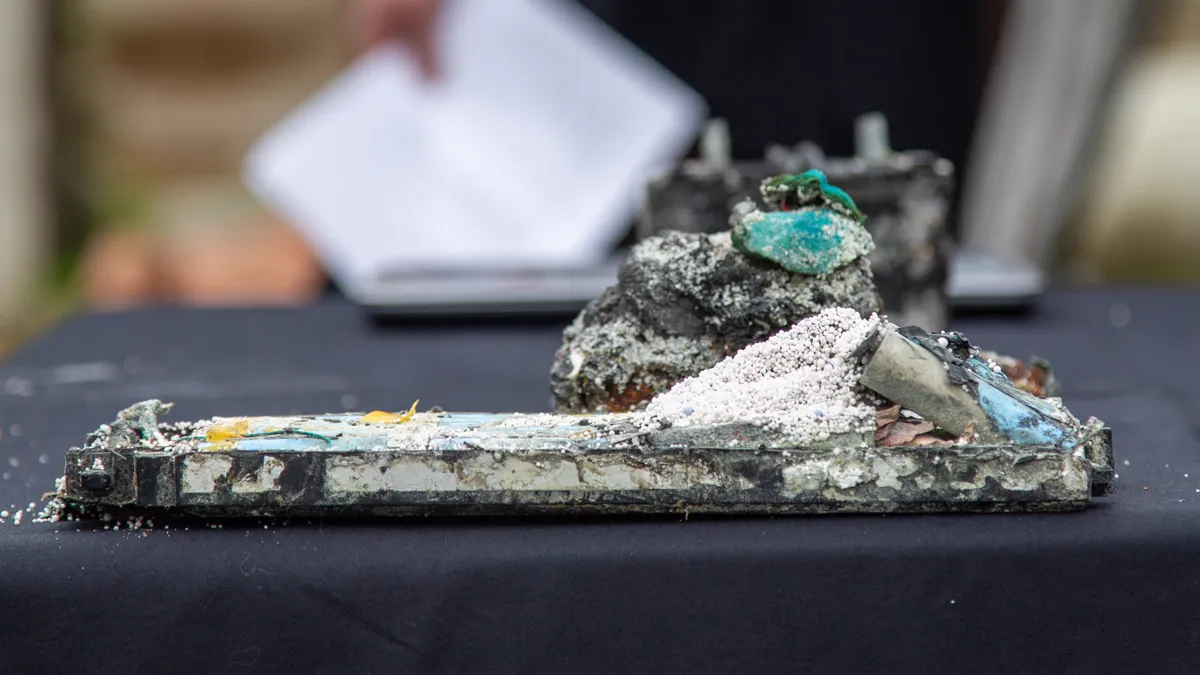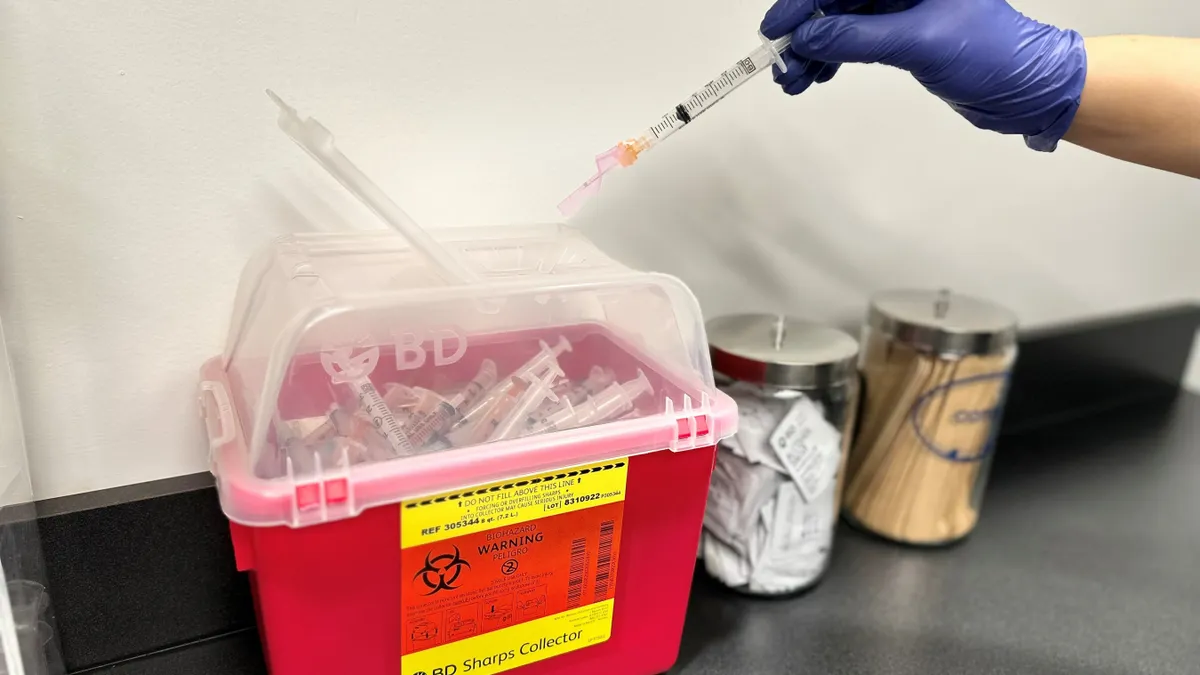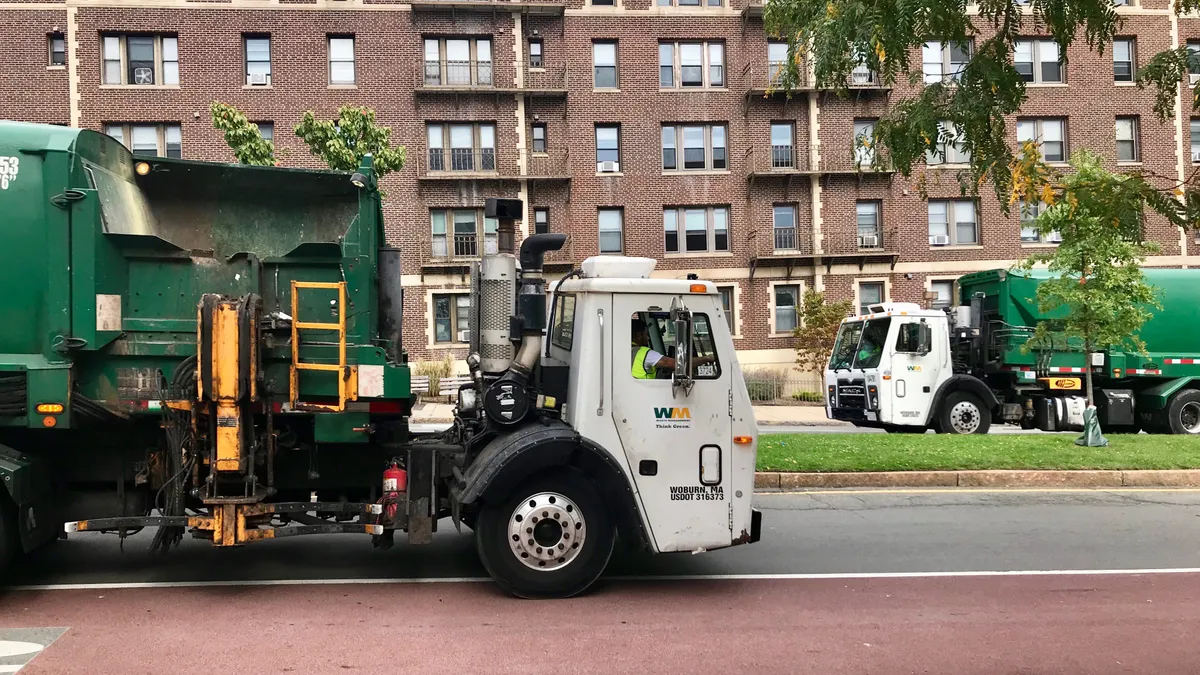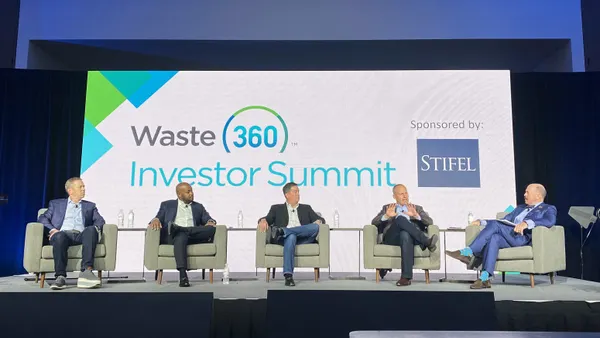National conversations don't focus on current waste issues, but that doesn't mean that the Trump administration hasn't affected the industry.
Below is a roundup of how some of those issues have developed since Election Day 2016.
The Superfund
Under President Trump's Environmental Protection Agency, officials and responsible parties have continued to monitor and work on remediation for Superfund sites. However, despite EPA Administrator Scott Pruitt's self-described "back to basics" approach for running the EPA and focusing on projects like pollution cleanup and air quality, a proposed Trump budget included steep cuts to enforcing Superfund rules. At this time, though, it is unclear how the budget will proceed after one version was passed by the House.
Despite uncertain finances, a big policy shift for the Superfund program could be coming. In addition to publicly speaking about and advocating for cleaning up Superfund projects, Pruitt has announced his intention to create a "top 10" list for projects. While aggressively tackling some projects, as Pruitt has said he wants to do, would be a boon for affected communities, that plan does not address the 1,300 other Superfund sites that would not be on the list. It's not entirely clear when Pruitt plans to release the EPA's list or how having 10 targeted sites would affect cleanup efforts at other sites.
Landfill emissions
Early in the administration, the EPA issued a 90-day stay on Obama-era rules regulating emissions from landfills. That stay expired in late August, and the EPA has not given any formal, written guidance since. The rules were written in a way that lacked clarity about how move from the old regulations. Additionally, some of the new regulations refer to others that have not been updated.
Since the stay expired, the 2016 rules are now in effect. However, the lack of formal guidance on New Source Performance Standards and Emissions Guidelines rules left many state agencies and landfill operators unsure how to proceed or if they were in compliance. Recently, an EPA spokesperson told Waste Dive any states that don't submit Emissions Guidelines plans won't be sanctioned and that New Source Performance Standards are being considered on a March 2020 timeline.
Renewable Fuel Standard
The Renewable Fuel Standard (RFS) has been the source of political drama lately. When Pruitt's EPA took a look at evaluating required volume obligations under the RFS, the agency proposed volumes that some in the biogas sector saw as too low. Biogas that is generated from anaerobic digesters, landfills and other waste-related sources are included in the RFS.
Since the EPA unveiled its proposed volumes, there has been significant pushback from Midwestern lawmakers. At one point, Trump reaffirmed his support for the biofuel industry, seemingly putting him at odds with the actions of his EPA. Ultimately, Pruitt pledged to reconsider the volumes under the RFS and not lower them any further. Volumes are set to be finalized by Nov. 30.
Sleep apnea
It wasn't campaigned on, but the Trump administration has affected how truck drivers are regulated. The Federal Motor Carrier Safety Administration (FMCSA) and the Federal Railroad Administration (FRA) withdrew a March 2016 advanced notice of proposed rulemaking regarding sleep apnea in August. The proposed rule would have required testing and treatment for drivers with sleep apnea.
Estimates say about 28% of commercial drivers have some form of sleep apnea. While waste and recycling drivers may not have as many long distance routes as other industries, many of them still see long nights and early mornings. An emailed statement from the Department of Transportation at the time of announcement said that the involved rulemaking agencies "did not receive sufficient data to support future rulemaking at this time. The Agencies determined that current and upcoming safety programs appropriately address fatigue risks, including OSA."
The Paris Climate Accord
A big early announcement from President Trump was the decision to eventually withdraw from the Paris climate accord. While Paris may not have any direct effects on the waste industry, Trump's desire to remove the U.S. from the agreement caused some in the industry to speak out and reaffirm a commitment to environmental issues.
In 2016, a majority of surveyed Waste Dive readers said Hillary Clinton would have been a better president for the waste industry, many of them saying they did not believe Trump would take environmental regulation seriously.
What to watch
As the year comes to an end and legislative deadlines approach, there are still a few areas left for potential action. The House of Representatives passed the "Save Local Business Act," a bill that would affect current joint employer standards. The bill will now move to the Senate, where it could face a closer vote because of tight party margins. Though with new Trump appointees on the National Labor Relations Board it's possible the standards could still be overturned there.
Trump and Republicans in Congress continue to tout federal tax reform as a top priority — as did respondents to a Waste Dive reader poll. However, some in Washington see the prospects of passing tax reform as diminishing. Others in Congress have introduced bills that would fund "zero waste" projects around the country and that would extend tax credits to waste-related energy projects.
It could be a busy few weeks in Washington.
















